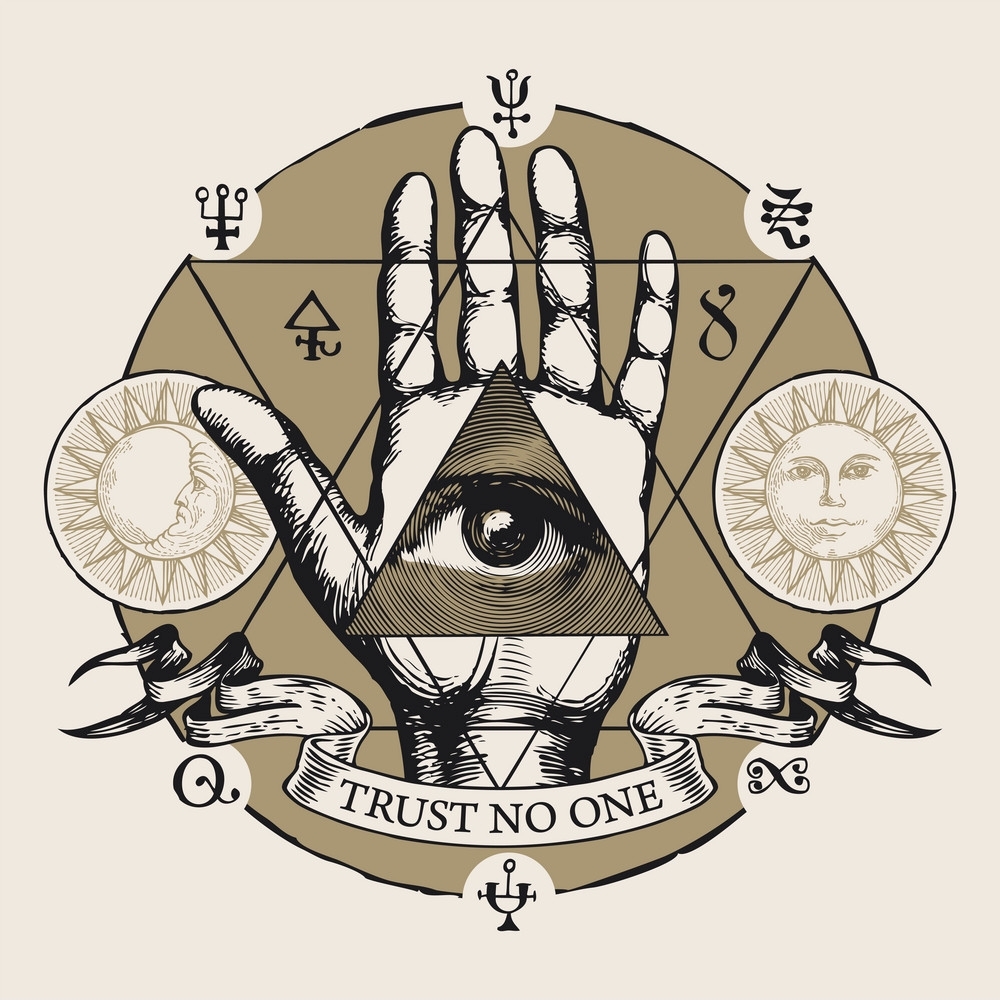After decades of peaceful coexistence, relations among Indian Americans from the Hindu and Muslim faiths are showing signs of strain, mirroring the religious polarization that exists between the two communities in India.
Two events spotlighting the trend occurred on August 15 this year during festivities marking the 75th anniversary of India’s independence from British colonial rule in 1947.
In the city of Edison, New Jersey, an independence day parade featured a bulldozer—an intentionally provocative symbol of the oppression of India’s minority Muslims. It was a reminder that weeks earlier, authorities in India had demolished the homes of some Muslims following riots sparked by offensive comments against Islam by two members of the Hindu nationalist Bharatiya Janata Party of Indian Prime Minister Narendra Modi.
That same day, during Indian independence day celebrations 2,400 miles away in Anaheim, California, large crowds of people publicly hurled obscenities and Islamophobic slurs against a small group of activists protesting anti-Muslim oppression.
“Hindu nationalism has split the Indian expatriate community,” a recent article in The Associated Press observed, quoting Varun Soni, Dean of Religious Life at the University of Southern California (USC) in Los Angeles, which has about 2,000 students from India.
Soni’s views were echoed in a September 2019 article in The Intercept, an online news and investigative magazine. Titled “The Network of Hindu Nationalists Behind Modi’s ‘Diaspora Diplomacy’ in the U.S.,” the article reported on the Indian premier’s visit that month to the United States: “For decades, a network of American groups affiliated with Hindu nationalist organizations in India has embedded itself in the diaspora by holding cultural and religious events, lobbying Congress, contributing to political campaigns, and acting as a mouthpiece for Modi and the BJP.”
Many Hindus who oppose Hindu nationalism are targets of such partisan groups. One is Anantanand Rambachan, a professor emeritus of religion and an observant Hindu of Indian origin. His opposition to Hindu nationalist organizations prompted complaints from some devotees at a Hindu temple in Minnesota where he has lectured on religion. Opposing such groups, he told Associated Press, can result in being stigmatized as “anti-Hindu” or “anti-India.”
At USC so far, no religious tensions have erupted in the university’s Indian student body, among the nation’s largest. But Soni pointed out that USC was criticized by sections of the Indian diaspora for being one of nearly 60 universities that cosponsored a September 2021 online conference titled “Dismantling Global Hindutva,” which is the predominant form of Hindu nationalism in India. The event focused attention on the “rise of militant Hindu groups in India and the corresponding escalation of violence against religious minorities and other marginalized communities.”
As his university’s head chaplain, Soni is concerned that the religious fissures among the Indian diaspora in the U.S. might affect students’ spiritual well-being.
“If someone is being attacked for their identity, ridiculed or scapegoated because they are Hindu or Muslim, I’m most concerned about their well-being—not about who is right or wrong,” he said.
_______________
From its beginnings, the Church of Scientology has recognized that freedom of religion is a fundamental human right. In a world where conflicts are often traceable to intolerance of others’ religious beliefs and practices, the Church has, for more than 50 years, made the preservation of religious liberty an overriding concern.
The Church publishes this blog to help create a better understanding of the freedom of religion and belief and provide news on religious freedom and issues affecting this freedom around the world.
The Founder of the Scientology religion is L. Ron Hubbard and Mr. David Miscavige is the religion’s ecclesiastical leader.
For more information visit the Scientology website or Scientology Network.
DOWNLOAD THE WHITEPAPER

